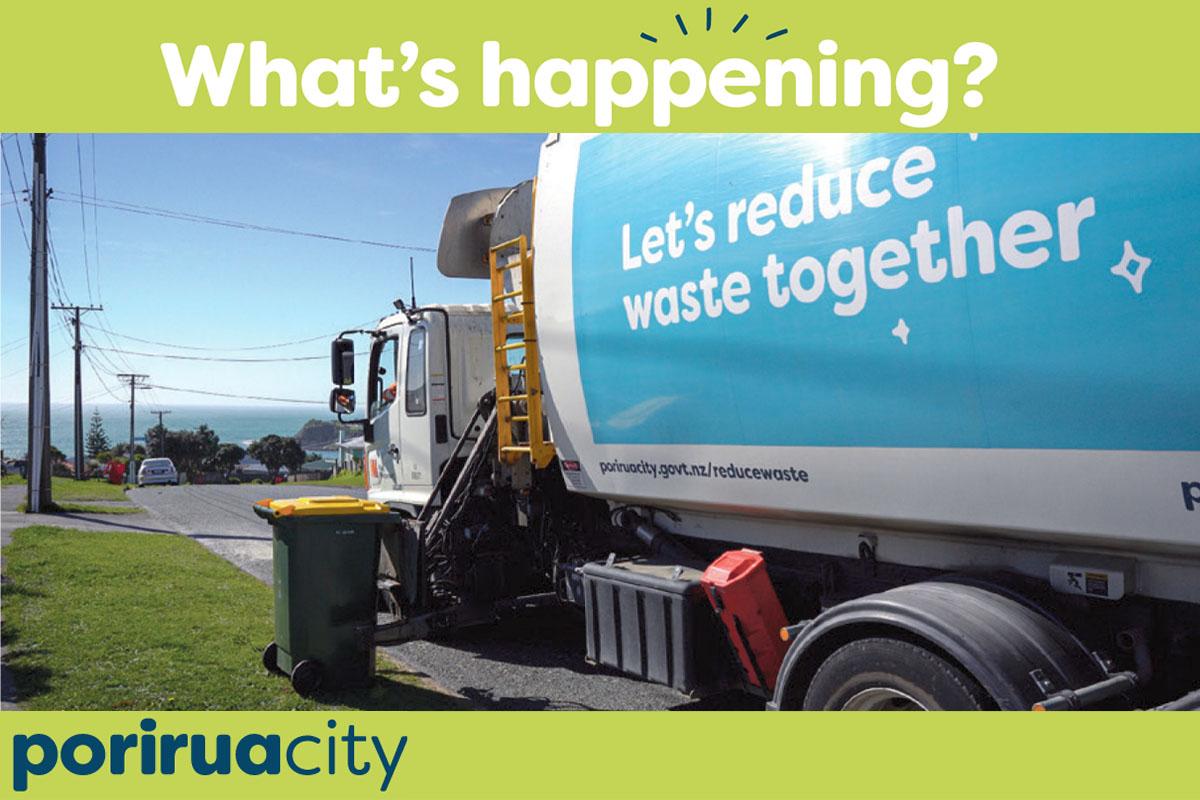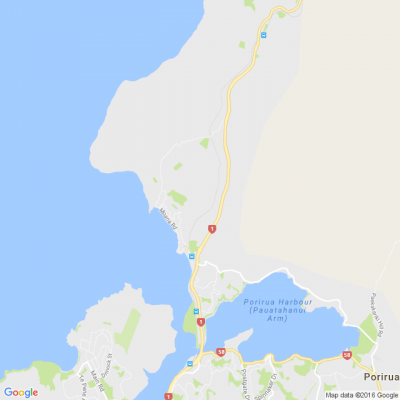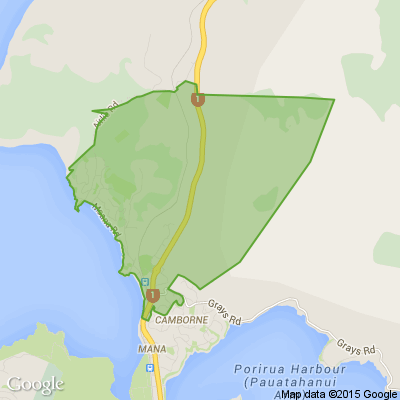City’s recycling to be examined
High contamination rates in Porirua’s kerbside recycling has prompted an initiative that will see “recycling ambassadors” checking recycling bin contents before collection.
Due to a rising level of contaminated items in the recycling – costing between $6000 and $8000 a month to remove – the ambassadors will be checking what’s being put out for collection.
A month-long audit starts next week and will gather information and data to help identify specific areas where Porirua’s high contamination levels are and target our education and support for those residents.
Following the audit we will be introducing a 3-Strikes process. This means that if we find nonrecyclable or contaminated items in your bin, you’ll get a sticker – if you receive three stickers, you could lose your bin.
Similar initiatives are occurring in other cities, including Hamilton, Christchurch and Dunedin, with positive behaviour changes being experienced and less loads ending up in the landfill.
The recycling industry relies on good quality, clean recyclable material, says David Down, Porirua’s Manager Water and Waste.
“Material is hand-sorted before it goes through the machines and we’re regularly seeing hazardous items such as dirty nappies, sanitary items, broken glass and rotting meat.”
“This is something we all need to do better – sending recycling to the landfill costs the city and the environment, and has health and safety implications for staff collecting the bins and at the sorting facility,” he says.
“We can all play our part by checking what’s in and what’s out. Clean and rinse your glass, plastics and cans, and remember not to put in lids or soft plastics.
“If we work together we can make a positive difference.”
A recycling ambassador is currently in place at the Bulk Recycling Facility at Spicer Landfill, and now we have a high quality of materials being made available for recycling, Mr Down says.
More detailed information on the 3-Strikes process will be delivered to households following the audit.
Follow: Facebook / Twitter
Visit: poriruacity.govt.nz
Call: (04) 237 5089

⚠️ DOGS DIE IN HOT CARS. If you love them, don't leave them. ⚠️
It's a message we share time and time again, and this year, we're calling on you to help us spread that message further.
Did you know that calls to SPCA about dogs left inside hot cars made up a whopping 11% of all welfare calls last summer? This is a completely preventable issue, and one which is causing hundreds of dogs (often loved pets) to suffer.
Here are some quick facts to share with the dog owners in your life:
👉 The temperature inside a car can heat to over 50°C in less than 15 minutes.
👉 Parking in the shade and cracking windows does little to help on a warm day. Dogs rely on panting to keep cool, which they can't do in a hot car.
👉 This puts dogs at a high risk of heatstroke - a serious condition for dogs, with a mortality rate between 39%-50%.
👉 It is an offence under the Animal Welfare Act to leave a dog in a hot vehicle if they are showing signs of heat stress. You can be fined, and prosecuted.
SPCA has created downloadable resources to help you spread the message even further. Posters, a flyer, and a social media tile can be downloaded from our website here: www.spca.nz...
We encourage you to use these - and ask your local businesses to display the posters if they can. Flyers can be kept in your car and handed out as needed.
This is a community problem, and one we cannot solve alone. Help us to prevent more tragedies this summer by sharing this post.
On behalf of the animals - thank you ❤️

Best way to use leftovers?
I'm sure you've got some excess ham at home or cold roast potatoes.
What are some of your favourite ways to use leftover food from Christmas day? Share below.









 Loading…
Loading…